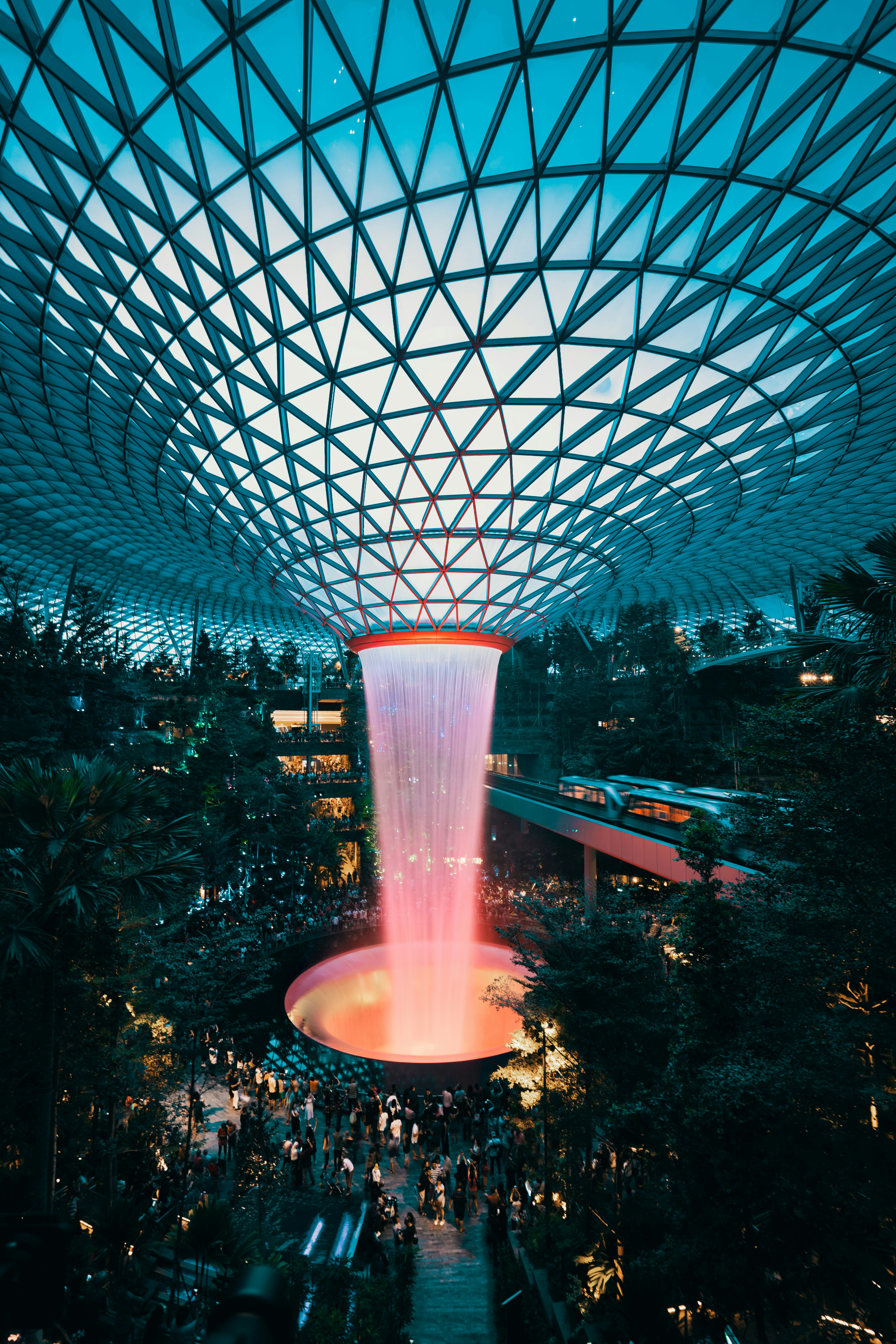
Projects
Possible Futures
As human beings, we have partial capacity to choose our futures – individually, in specific groups and societies, and at global scale. This is a matter of both conscious choices and aggregate impact of unintended activity. What futures are possible is also shaped by processes and conditions humans do not produce and cannot control. Understanding what futures are possible and what factors shape them is crucial to exercising choice – as individuals or collectively, to achieve ideals or to avert disaster.
Understanding possible futures begins with understanding the present as part of history. This includes attending to the openness and indeterminacy that make for multiple possibilities, the contradictions in every social situation that make change inevitable, and the combination of constraints and empowerments in which action is situated. At the individual level, we could say this is simply the nature of life and that our ability to take successful actions depends on these contextual factors (and on our ability to judge them and our motivations in relation to them).
Craig Calhoun's work focuses more on the transformation of larger contexts that are also basic to possible futures: capitalism, climate change, and world-making and remaking. In each case, we need to understand not only collectivities at various scales but also systems of variable complexity and openness, always structured by relations among parts and dynamic feedback loops.
Previous Publications
China
- Tiananmen, Television and the Public Sphere
- The Ideology of Intellectuals and the Chinese Student Protest Movement of 1989
- Neither Gods nor Emperors
- Media, Civil Society and the Rise of a Green Public Sphere
- Media, Power, and Protest in China
Europe
- Identity and Plurality in the Conceptualization of Europe
- Constitutional Patriotism and the Public Sphere
- The Democratic Integration of Europe
- European Studies: Always Already There
- Cosmopolitan Europe and European Studies
- Populism, Nationalism, and Brexit
Cosmopolitanism
- The Class Consciousness of Frequent Travelers
- Belonging in the Cosmopolitan Imaginary
- The Elusive Ideal of Cosmopolitan Democracy
- Nations Matter: Citizenship, Solidarity, and the Cosmopolitan Dream
- Cosmopolitanism and Nationalism
- Cosmopolitanism in the Modern Social Imaginary
- Cosmopolitanism and Hegemony
- Cosmopolitan Liberalism and its Limits
Capitalism and Crisis
- Business as Usual / From the Current Crisis to Possible Futures
- The Deepening Crisis
- Aftermath: A New Global Economic Order?
- Does Capitalism Have a Future?
- The Future of Capitalism
Humanitarian Emergencies
- A World of Emergencies
- The Imperative to Reduce Suffering
- The Idea of Emergency: Humanitarian Action and Global (Dis)order
Infrastructures
- Microcomputer Implementations in the Least Developed Countries
- Microcomputer Policy for Developing Countries
- Populist Politics, Communications Media, and Large-Scale Social Integration
- Indirect Relationships and Imagined Communities
- Computerization, Aid-Dependency and Administrative Capacity: A Sudanese Case Study
- The Infrastructure of Modernity
- Information Technology and Integration
- Information Technology and the International Public Sphere
Radicalism
- The Question of Class Struggle
- The Radicalism of Tradition
- Industrialization and Social Radicalism
- Understanding September 11
- The Roots of Radicalism
Conceptualizing Reconfiguration
- Social Theory and the Law (1989)
- Culture, History and the Problem of Specificity in Social Theory (1992)
- Postmodernism as Pseudohistory (1993)
- Habitus, Field of Power and Capital (1993)
- Critical Social Theory (1995)
- The Rise and Domestication of Historical Sociology (1996)
- Explanation in Historical Sociology (1998)
- Nationalism, Social Change, and Historical Sociology (1999)
- Lessons of Empire (2006)
- Renewing International Studies (2010)
- Beck, Asia, and Second Modernity (2010)
Recent Publications
- The Green New Deal and the Future of Work
- Changing Society, Changing Sociology
Works in Progress
“Karl Polanyi’s The Great Transformation and Transformations Today,” for Social Research: An examination of Polanyi’s classic book and key concepts it introduced, with attention to similarities and differences among the transformations of late 18th and early 19th-century industrialization, crisis in the first half of the 20th century, and growing crises today.
See Lectures from ISCTE Lisboa: Here.
"Infrastructure and Society" (with Hillary Angelo): Beyond the very smallest scale, infrastructure is a basic condition of social organization. It enables communication, coordination, and trade to extend ever more widely in space. It supports the growth of cities and the agricultural productivity and supply chains that sustain them. Durable investments in infrastructure are conditions of society as we know it and shape contemporary transformations.
"Eurasia and the Remaking of the Modern World-System": The modern capitalist, nation-state world-system was long centered in Western Europe and later in the U.S. It is now being reshaped by Eurasian integration—new infrastructures, markets, media, and geopolitical alliances—amid the decline of post-WWII institutions. This transformation involves regional reconfigurations and global contestation over the future of world order.